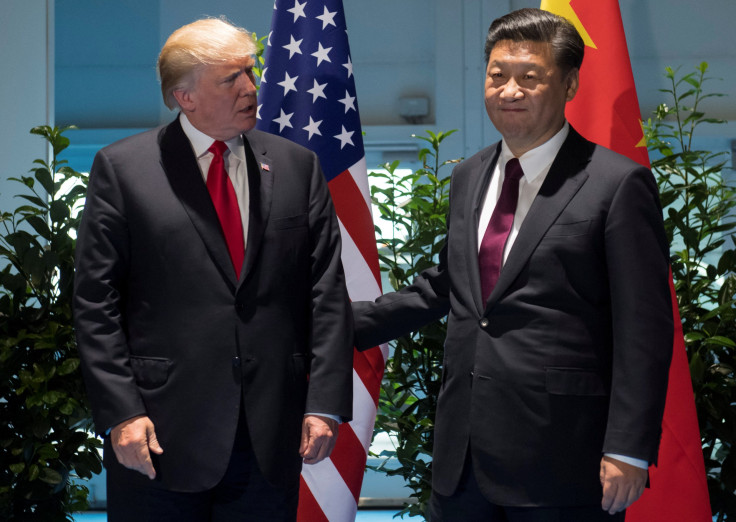Australia among worst hit in trade war between US and China

A recent analysis of multinational companies' exposure to the Chinese market has revealed that Australia is among the most to lose in the event of increased trade friction between the US and China. The impacts would be worse for Beijing, according to a report by The Conference Board drawing on export data.
Findings show that the export sectors of the US, along with other major developed countries, would not be significantly impacted. The US and EU value-added exports to China were equivalent to only 0.7 percent and 1.6 percent respectively of national economic outputs. The figure was 2.1 percent for neighbouring Japan.
By contrast, China's value-added exports to America were equivalent to about 3 percent of its gross domestic product. The analysis suggests that Beijing would end up a loser in any trade showdown with the administration of US President Donald Trump.
It also found that from a trade perspective, "the world, by and large, bears low dependencies on China.” South Korea and major natural resource exporters like Australia are exceptions, with value-added exports to China equivalent to 6.8 percent and 4.4 percent respectively of their annual economic output.
One of the report's authors, Erik Lundh, said that a trade war between the two countries does not seem to be a huge threat to the US economy. The senior Conference Board economist, however, has warned that the collateral damage from all-out trade war between the US and China, the world's two largest economies, would be considerable for both nations.
"A trade war between the US and China would spill over into other important facets of the relationship that could be quite painful for the US," he said. He noted that US consumers would be impacted with higher prices for imported goods, adding that a fall down in US trade with China will have an urgent impact on consumers’ vis-à-vis inflation.
Steve Bannon, Trump’s recently ousted political adviser, had admitted that the two countries were engaged in an "economic war," in which there could only be one winner. But for China's foreign ministry, both counties would have to face negative impacts, Australian Financial Review notes.
In 2015, China bought 40 to 90 percent of the crude oil produced by Congo, Angola, Oman, Yemen and South Sudan. The country is known as the world's biggest importer of food and energy, buying about 20 percent of global exports in the two sectors.
World Economic Forum/YouTube





















